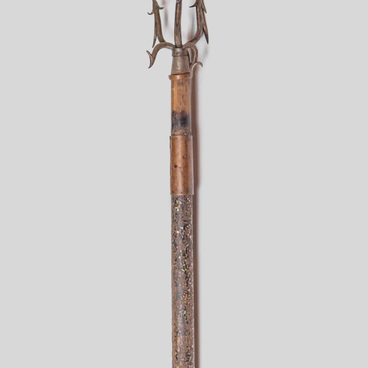The collection of the Ivanovo Museum of Local History contains a wooden pocket watch “M.S. Bronnikov in Vyatka”. Watches made by Vyatka craftsmen were dubbed “Russian curiosities” at Russian and world exhibitions.
The mechanism of the watch is characteristic of the 19th century. According to legend, once Semyon Ivanovich Bronnikov, a skillful Vyatka craftsman of wooden dishware, caskets, smoking pipes and knife handles, was shown the inner workings of a pocket watch, and he became wildly fascinated with the way the tiny wheels and other parts moved to a certain rhythm. It is likely that, at first, Bronnikov had no intention of becoming a full-time watchmaker. It took several months to make a working watch, and the item had to be expensive to cover the production costs. However, as it turned out, customers were willing to pay more for a watch made of a non-traditional material than for a watch made of precious metals. Bronnikov’s future was decided by a happy coincidence. In 1837, he participated in a governorate exhibition of industrial and agricultural products held in Vyatka. His first watch was purchased right at the Vyatka exhibition by the heir apparent and the future Emperor Alexander II, who at that time was traveling around Russia accompanied by his tutor, the poet Vasily Andreyevich Zhukovsky. This huge success prompted the Vyatka bourgeois Semyon Bronnikov to abandon his previous occupations and hone his watchmaking skills.
The fame of the unique watch quickly spread across
Russia, and orders came flowing in from different cities. Bronnikov taught the
profitable and prestigious craft of watchmaking to his sons, Nikolay and
Mikhail, and then his grandson Nikolay Mikhailovich. Thus, for
over seventy years, three generations of the Bronnikov family had been making
peculiar watches made of burl. The last watchmaker of the dynasty — Nikolay
Mikhailovich Bronnikov — moved from Vyatka to Moscow in 1909–1910 and,
according to legend, worked at the Pavel Bure trading house, which did not
produce wooden pocket watches.


